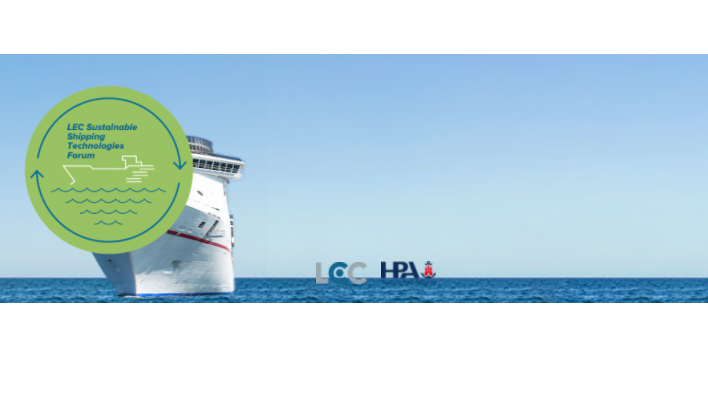Working with partners from industry and research, the German Aerospace Center (Deutsches Zentrum für Luft- und Raumfahrt; DLR) is developing a climate-friendly energy supply system for ships. It is based on a highly efficient fuel cell system designed to generate heat and power on board. A notable benefit of the cells is that they work with many different fuels. To test the technology, the EU's NAUTILUS (Nautical Integrated Hybrid Energy System for Long-haul Cruise Ships) research project, led by the DLR Institute of Engineering Thermodynamics, is producing a demonstrator suitable for ships.
The NAUTILUS project develops a novel energy system for cruise ships that should lead to significant decrease of the greenhouse gas emissions (GHG) of cruise ships reflecting IMO emission targets of 2030 as well as European Green Deal. The energy system will combine SOFC fuel cell and the battery genset. Key features of the system should be: decrease of GHG emissions on IMO 2030 targets, ability to operate fuel flexible and utilization of exhaust heat for hotel loads.
Read about the modularity of the energy system developed by the NAUTILUS project at The Motorship magazine - new article by Wendy Laursen - MODULARITY BRINGS EFFICIENCY TO HYBRID FUEL CELL CONCEPT. The efficiency increasement of a hybrid fuel cell will help a transition to low emission fuels. The energy system has the potential to reduce emissions of ships to IMO targets for 2030.
A paradigm shift is needed both in on board energy systems and in the marine fuels to reduce the emissions from waterborne transport and to comply with the IMO strategy and regulations of the Emission Control Areas (ECAs).
Electrochemical processes and energy systems can offer some solutions. Consortium of NAUTILUS project, funded by H2020, is developing a pilot marine genset using LNG as fuel. This highly efficient and dynamic genset consists of Solid Oxide Fuel Cell (SOFC) coupled with battery and will be hybridized with the existing Internal Combustion Engines (ICE).




